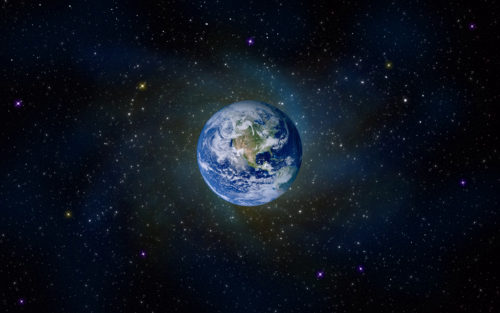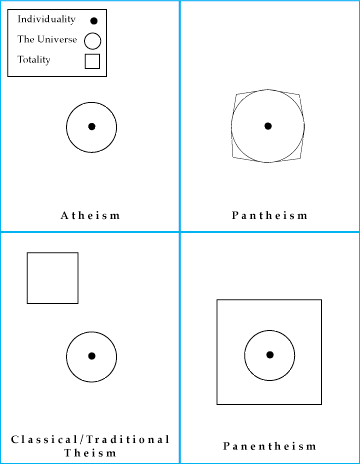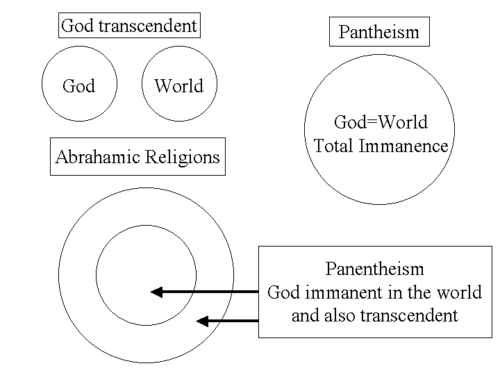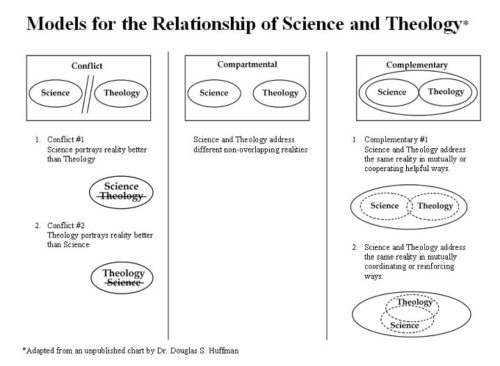by Max Musson
MOST PEOPLE fall into the trap of believing that there is either;
1. A fully formed, often anthropomorphised, conscious, sentient, all knowing, all powerful, all loving God, who has a particular interest in, and cares for us; or
2. There is no God.
Dawkins is good at demolishing belief in the first of these possibilities and the mistake that most people make as a consequence is to believe that his arguments therefore prove that the second possibility is therefore correct.
Science indicates that the universe came into existence with the ‘Big Bang’ approximately 13.5 billion years ago. No one knows what existed prior to the Big Bang and the Big Bang consisted of a sudden out-rushing of raw energy from a central point, filling the void of nothingness that existed beforehand.
Whatever existed in the void of nothingness before the Big Bang, and which occupied the central point, was the source of all of the energy from which our universe has formed.
Whatever existed prior to the Big Bang — the act of universal energy creation — no longer appears to exist. It appears that whatever it was became completely consumed in the act of universal energy creation.
That source of energy could be viewed as a ‘creator’ of sorts, because from the energy created during the Big Bang, all of the matter of the Universe has evolved, including us.
What we do not know at this stage, is what form the Creator took. We have no way of knowing whether the Creator was conscious, or sentient, or all knowing, or all powerful. Furthermore, there is no evidence to suggest that the Creator was all loving and certainly none to suggest that the Creator has or had any particular interest in, or care for us.
The universe, or the Cosmos as it should be more accurately described is an immense random generation device in which matter has formed from the energy that was created, and has evolved through many stages, gradually increasing in complexity and the level of consciousness achieved by the most highly evolved life forms.
In searching for the purpose of life and the purpose of the Cosmos, there are many as yet unknowns, but it is clear that the Cosmos is a mechanism that facilitates evolution — the evolution of inanimate matter, but also living matter, through ever increasing levels of complexity, knowledge, power and consciousness.
We humans, as far as we can tell, stand at the pinnacle of that evolutionary process, but there is no evidence to suggest that we are the ‘end product’, in fact the contrary. All of the evidence suggests that we are as Nietzsche describes, a ‘stepping stone’ from sub-man to super-man and beyond.
Cosmotheism asserts that providing we continue the process of evolution, mankind, or at least the currently most highly evolved elements of humanity, such as the White race, will evolve through ever higher and higher levels of consciousness, power and knowledge until our future generations achieve a state of total consciousness and omnipotence. This will be the culmination of the Creator’s work, the metamorphosis of the Creator from a pre-physical state, either with or without consciousness, but with an indefatigable ‘will to be’, through many stages to his/her eventual complete self-realisation as a conscious, sentient, all powerful, all knowing entity — Godhood.
This belief is the fundamental tenet of Cosmotheism, which unlike any other religion, is completely consistent with science and nature, and does not rely on blind faith or superstitious mumbo-jumbo in order to attain credibility.
* * *
Source: Western Spring



